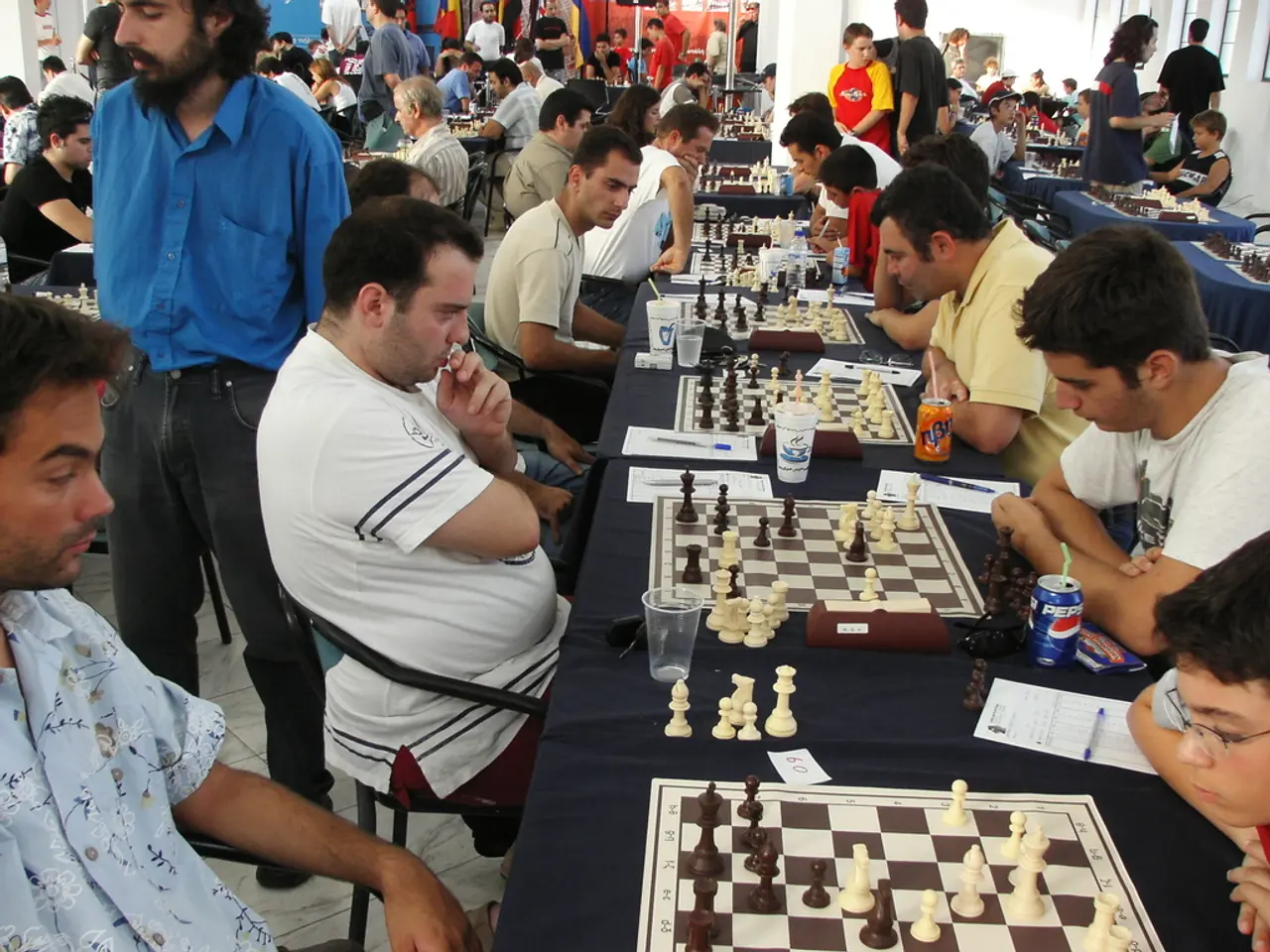Trade measures imposed by the EU against the U.S. will be postponed until early August.
In a significant development, the European Union (EU) has announced that it will delay the implementation of its trade countermeasures against the United States until early August. This decision comes as both parties continue to engage in tense trade negotiations, with the potential for escalating tariffs looming.
The EU's initial countermeasures, announced in mid-April, were a response to the 25% tariff Washington imposed on all steel and aluminium imports. These countermeasures, worth €21 billion ($25 billion) in US exports, were initially set to be implemented from Monday. However, Ursula von der Leyen, president of the European Commission, announced at a news conference on Sunday that the EU prefers to negotiate a trade solution with the United States instead.
The delay in the implementation of the countermeasures is intended to provide more time for negotiation of a trade deal between the EU and the US. This decision follows a new US trade proposal in late June, and the EU remains cautious, preparing contingency plans should negotiations fail.
The US, under President Trump, has recently announced plans to impose a 30% tariff on EU goods, marking a sharp increase and escalation from previous tariff measures. In response, the EU has signaled its readiness to adopt countermeasures, including the activation of the Anti-Coercion Instrument (ACI) and the imposition of additional tariffs on US goods, covering roughly €95 billion in imports from the US.
The US has also threatened to increase reciprocal tariff rates to 15-20%, indicating a willingness to escalate tariffs further if needed. The EU, however, remains committed to maintaining open trade and adhering to fair trading practices.
The EU is not only preparing for potential countermeasures against the US but is also seeking to diversify its trade relationships. A "big and important" free trade deal with Indonesia is one such example.
As both sides approach a critical juncture, with ongoing talks but mounting pressure and preparations for tariff escalation if no agreement is reached imminently, the EU's decision to delay the implementation of its countermeasures offers a glimmer of hope for a peaceful resolution. The EU and the US have until early August to find a mutually acceptable agreement to avoid further trade escalation.
The EU's decision to delay the implementation of its trade countermeasures against the US until early August reflects the EU's commitment to negotiating a trade solution, as both parties grapple with the potential escalation of tariffs in ongoing negotiations. amidst this tense political climate, the EU is also actively pursuing general news developments, such as a potential free trade deal with Indonesia, to diversify its trade relationships.







